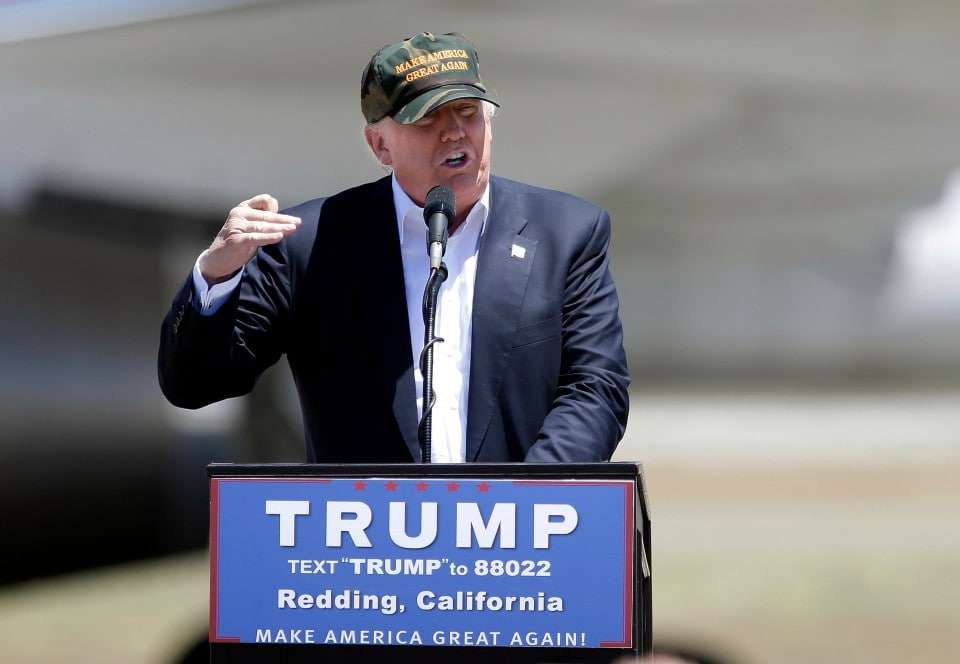The Volokh Conspiracy
Mostly law professors | Sometimes contrarian | Often libertarian | Always independent
A response to Alberto Gonzales on Donald Trump and Judge Gonzalo Curiel

Donald Trump's deplorable comments about the judge presiding over a Trump University lawsuit have drawn substantial comment, including from my co-bloggers Eugene Volokh and David Post. Few have sought to defend Trump's suggestion that Judge Gonzalo Curiel's Mexican heritage portends a conflict of interest or that the judge has otherwise demonstrated a lack of impartiality of the sort that would justify recusal. (Note, on this point, that there is no indication that Trump's lawyers have sought Curiel's recusal for alleged partiality.)
Last week, however, former attorney general (and Texas Supreme Court justice) Alberto Gonzales rose to Trump's defense. While acknowledging that "Curiel's Mexican heritage alone would not be enough to raise a question of bias," Gonzales nonetheless suggested there may be other reasons for Trump to have reasonable concerns about Curiel's impartiality.
My Case Western colleague Cassandra Robertson found the Gonzales op-ed to be quite lacking (and with good reason). "While I don't expect Donald Trump to be a legal scholar, I do expect Alberto Gonzales-a former Texas Supreme Court justice, former U.S. Attorney General, and now Dean at Belmont Law School-to know better," she wrote. Disssecting Gonzales's claims, she found them "no more reasonable than Trump's, " and concluded that "his argument fails both on law and logic."
Most perniciously, Gonzales wrote that "it might not be unreasonable for a defendant in Trump's position to wonder who Curiel favors in the presidential election," suggesting that this would justify Trump's concern about potential bias. Robertson responds:
Of course a politician appearing before a judge will "wonder" about whether the judge supports his or her campaign. But there is no right to appear only in front of judges who would vote for you. Taken to its logical conclusion, Gonzales' position would allow unfounded speculation about a judge's political leanings to give rise to a "legitimate question" about his or her "honesty, integrity, impartiality, temperament, or fitness to serve as a judge." This is not only wrong as a matter of judicial ethics, but it undermines the very legal system Gonzales has spent his entire career serving.
Indeed.


Show Comments (0)